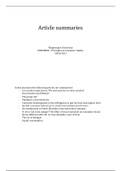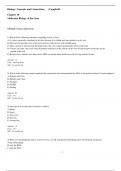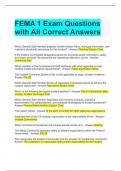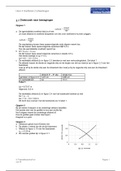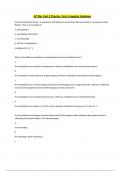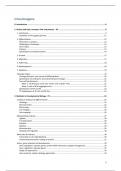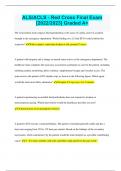Samenvatting
Summary Economy: Africa Week 9: Industry and Trade
- Instelling
- Universiteit Leiden (UL)
T.J. Moss and D. Resnick, ch. 13 “World Trade and Late Industrialization” in African Development: Making Sense of Issues and Actors, Rienner (2017) pp. 239-262. E. Owusu-Sekyere, ch. 40 “The Political Economy of Industrialization in Africa” in The Palgrave Handbook of African Political E...
[Meer zien]





